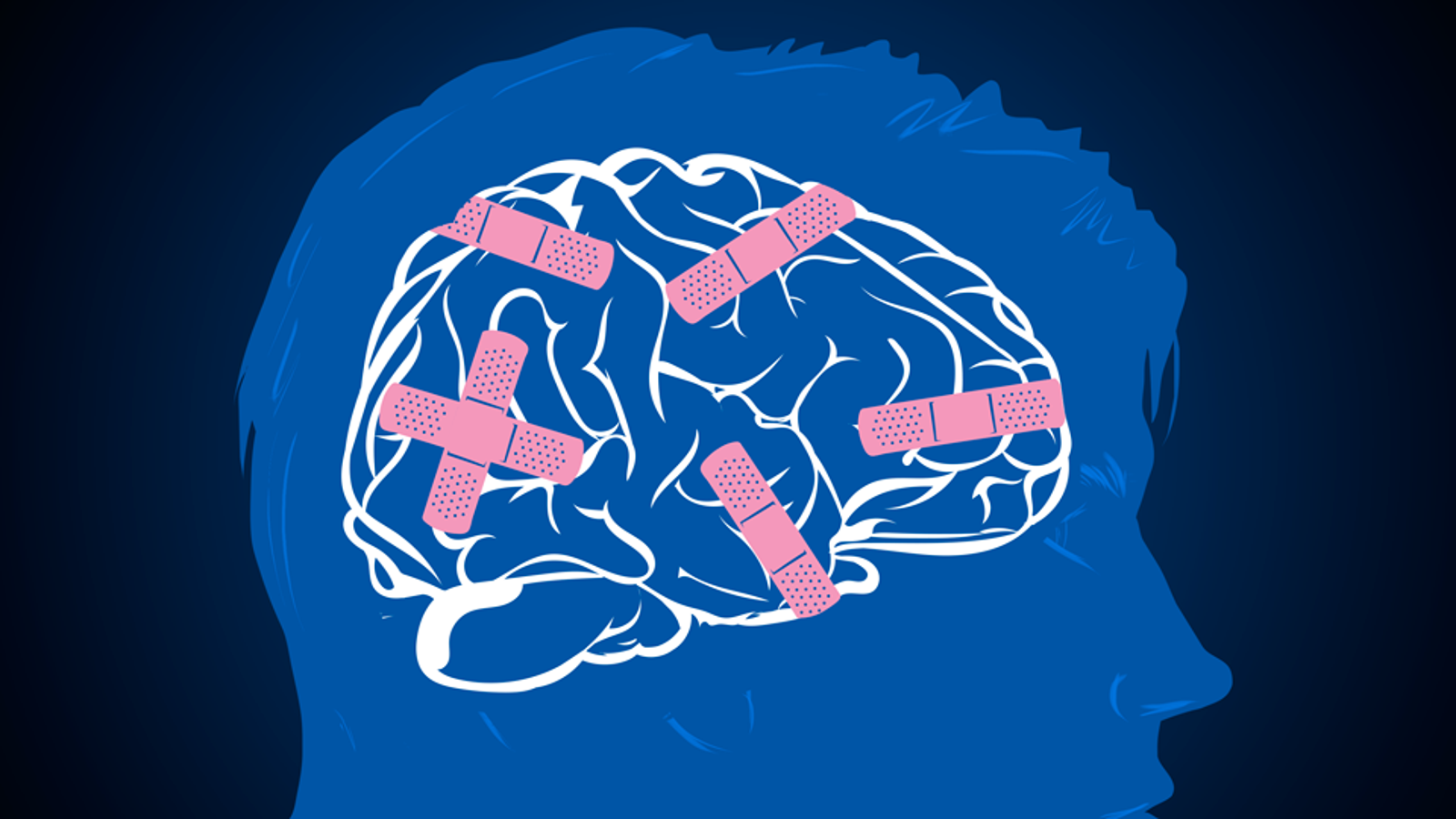
Children with mental health problems can have lower educational achievement, greater involvement with the criminal justice system, and fewer stable placements in the child welfare system than their peers. There are varieties of treatments available for managing mental illness in children, including several effective medications, educational or occupational interventions, as well as specific forms of psychotherapy. Establishing the diagnosis of a mental illness in children usually involves the combination of comprehensive medical, developmental, and mental health assessments. In addition to the specific symptoms of each mental disorder, children with a psychiatric illness can exhibit signs that are specific to their age and developmental status. As in any age group, there tends to be no single cause for mental illness in children. Although less common, developmental disorders and psychotic disorders in children can have a lifelong impact on the child and his or her family. The most common childhood mental disorders are anxiety disorders, depression, and attention deficit hyperactivity disorder ( ADHD). Mental disorders in children are quite common, occurring in about one-quarter of this age group in any given year. 


ADHD, anxiety, and depression are the most common mental illnesses in children.










